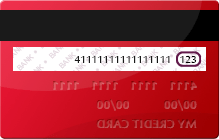
The Certificate IV in Engineering assists in providing the knowledge and skills required for a higher level engineering tradesperson, including welding processes, assemble and repair fabrications and assist in providing on-the-job training to trainees.

The Certificate III in Carpentry provides the skills and knowledge to work as a carpenter within residential and commercial construction workplaces and includes setting out, manufacturing, constructing, assembling, installing and repairing products made using timber and non-timber materials.

The Certificate III in Engineering – Fabrication Trade assists in providing the knowledge and skills to select and perform welding processes, form and shape materials and work safely and effectively within the engineering and manufacturing industries.

The Certificate II in Engineering Pathways assists in providing the entry level skills and knowledge required to enter the Engineering industry and covers essential work health and safety requirements and the use of tools and materials within the Engineering industry.

The Certificate IV in Kitchen Management is a qualification covering the knowledge and skills to supervise or lead a team within the commercial cookery or dining department, manage staff, monitor work operations, design and cost menus and prepare a variety of dishes.

The Certificate III in Cabinet Making and Timber Technology provides tradesperson-level skills in the manufacture and / or installation of products including furniture and cabinetry made from timber and other materials.

The Certificate III in Commercial Cookery is a qualification covering the knowledge and skills to work in the commercial cookery and dining department, safely working in a kitchen, using kitchen equipment to prepare a variety of food types and planning and costing recipes.
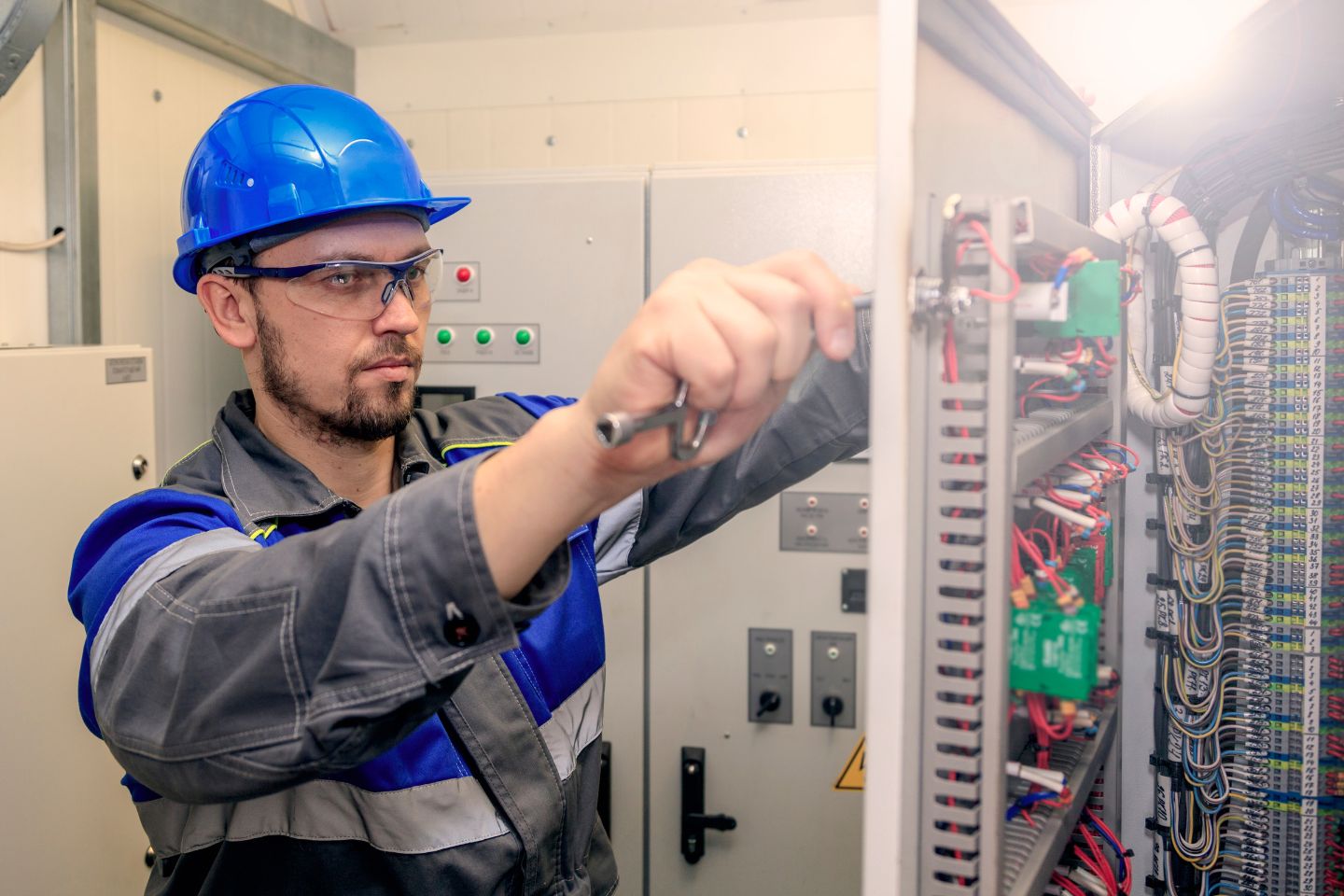
The Basic Open Cabler Registration Skill Set is for new or existing workers in the telecommunications industry who wish to be employed as open registered cablers (Telecommunication Technician) in accordance with ACMA requirements.

The Certificate III in Plumbing covers the knowledge and skills to assemble, install and maintain water services, sanitary plumbing and drainage, and gas, roofing and mechanical services in residential, industrial and commercial workplaces.

The Certificate III in Roof Plumbing provides the knowledge and skills to install roof components and drainage systems, including wall claddings, gutters, downpipes, flashings and roof sheeting, materials and insulation.

The Certificate II in Plumbing Services is an ideal qualification as a pathway into a Plumbing Apprenticeship and will assist students in gaining the basic knowledge and skills required for the Plumbing sector.

The Food Safety Supervision Skill Set is a course for new or existing workers in the hospitality industry who wish to gain skills in hygienic practices and handling food safely.

The Diploma of Hospitality Management provides the training and skills required for employees in a hospitality management role or for those looking for a pathway into a departmental or small business manager role within the hospitality industry.

The Certificate III in Catering assists in providing individuals in the catering operations sector, with the knowledge and skills to follow workplace and food safety procedures, prepare and present a variety of dishes, purchase goods and provide coaching to colleagues.

The Certificate III in Hospitality is for individuals working in the Hospitality industry who work in the front of house or back of house sectors. This qualification covers the knowledge and skills to safely work with food, communicate and serve customers showing social and cultural sensitivity and perform sector specific tasks.
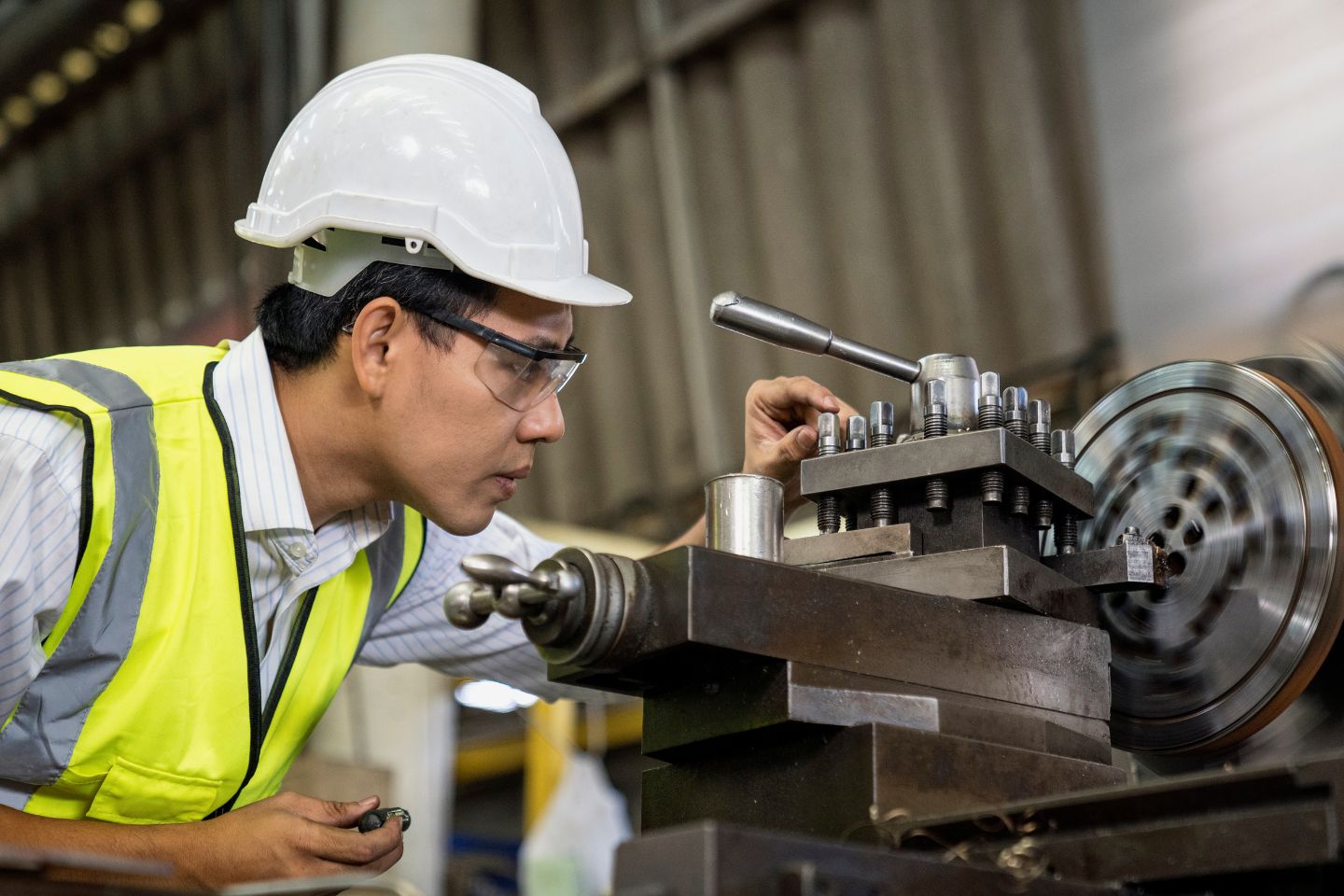
The Certificate III in Engineering – Mechanical Trade provides the knowledge and skills required of an engineering tradesperson fabricating in the sheet metal, engineering or manufacturing industries.

The Qualified Technical Person (QTP) and Qualified Business Person (QBP) short courses are designed for individuals who are needing to obtain their Electrical Contractors Licence in Queensland. These short courses are for individuals planning on contracting in Queensland, or are needing to renew their licence, and covers the Electrical Safety Office (ESO) requirements.

The Qualified Technical Person (QTP) short course covers the knowledge and skills to follow work health and safety requirements when preparing for, conducting and reporting findings of a compliance inspection.

The Qualified Business Person (QBP) short course covers the knowledge and skills to follow and comply with work health and safety regulations and codes of practices, legal requirements and industry standards within the Electrotechnology industry.

This Skill Set is designed for those individuals wishing to undertake the testing, tagging and reporting of portable/handheld low voltage (LV) electrical equipment using a portable appliance tester (PAT).

A Restricted Electrical Licence authorises the holder to perform electrical work of a particular type stated on their licence. This licence limits an individual to specific electrical work associated with work from another trade or calling.
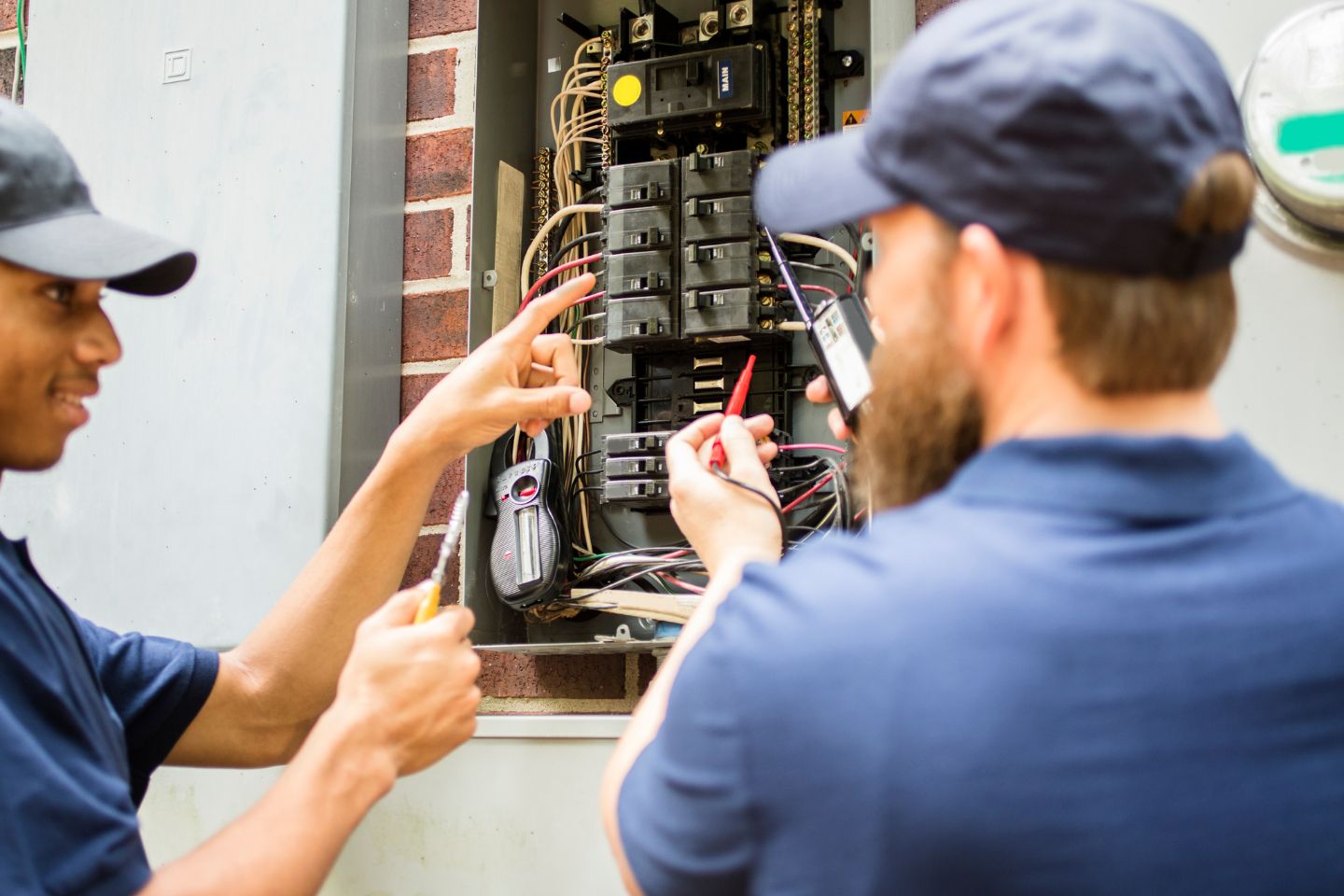
The knowledge and skills of many overseas workers can be very high, but there are differences in the way the technical expertise needs to be applied in Australia. The Course in Electrician – Minimum Australian Context Gap (MACG) provides the Australian Context Gap training to holders of an Offshore Technical Skills Record (OTSR) and seeking to work in Australia, and is required to be completed before an Electrotechnology Electrician qualification can be granted by a Registered Training Organisation (RTO) and occupational licence issued.
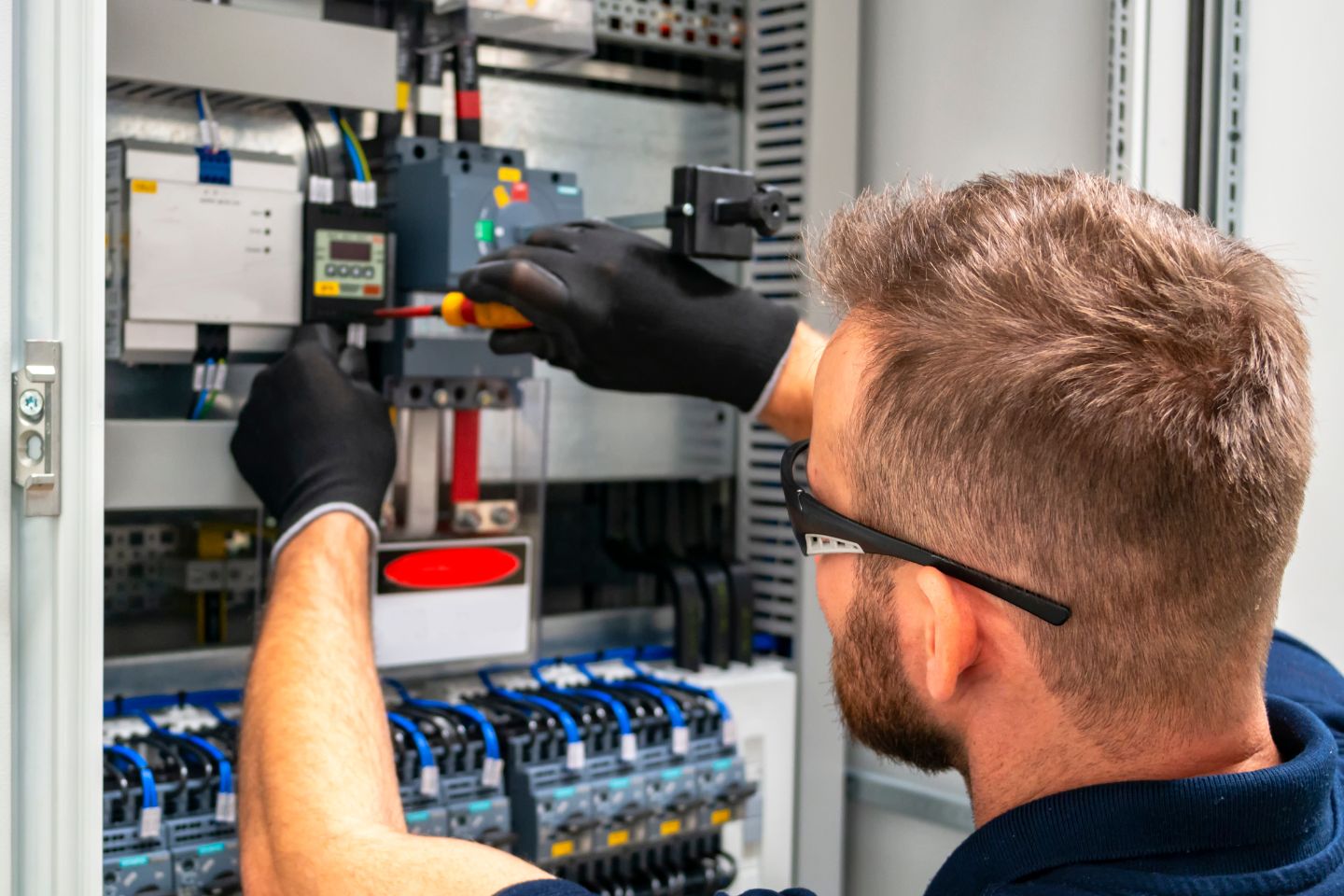
The Certificate III in Electrical Fitting is a Trade-level qualification which provides the knowledge and skills to repair, maintain, assemble, and install electrical plant and machinery.
This course can only be undertaken:
Under a formal contract of training – apprenticeship, or
As part of an upgrading from currently held Electrical mechanic licence to have Fitter-Mechanic listed on a QLD licence – ESO Training Permit required, or
As an Exit point/Transfer from a current UEE30820 course undertaking

The Certificate II in Electrotechnology assists students in gaining the basic knowledge and skills required for the Electrotechnology industry and provides a pathway into an Electrotechnology Apprenticeship.

The Certificate III in Joinery covers the joinery skills and knowledge required to work in residential and commercial applications and is completed through an apprenticeship.
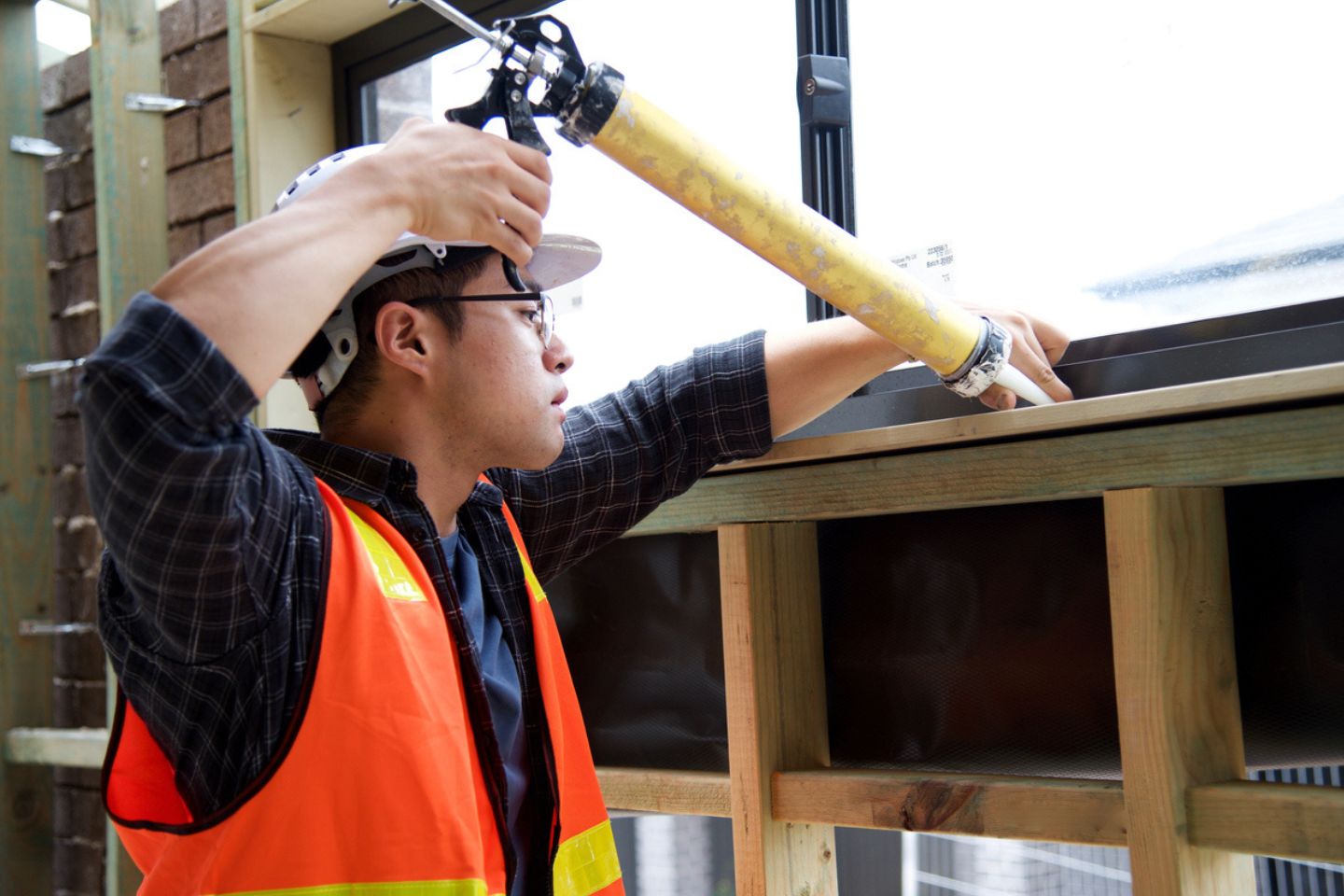
The Certificate III in Shopfitting is a qualification covering the skills for a shopfitter working in residential and commercial, retail or office environments and is completed through an apprenticeship.
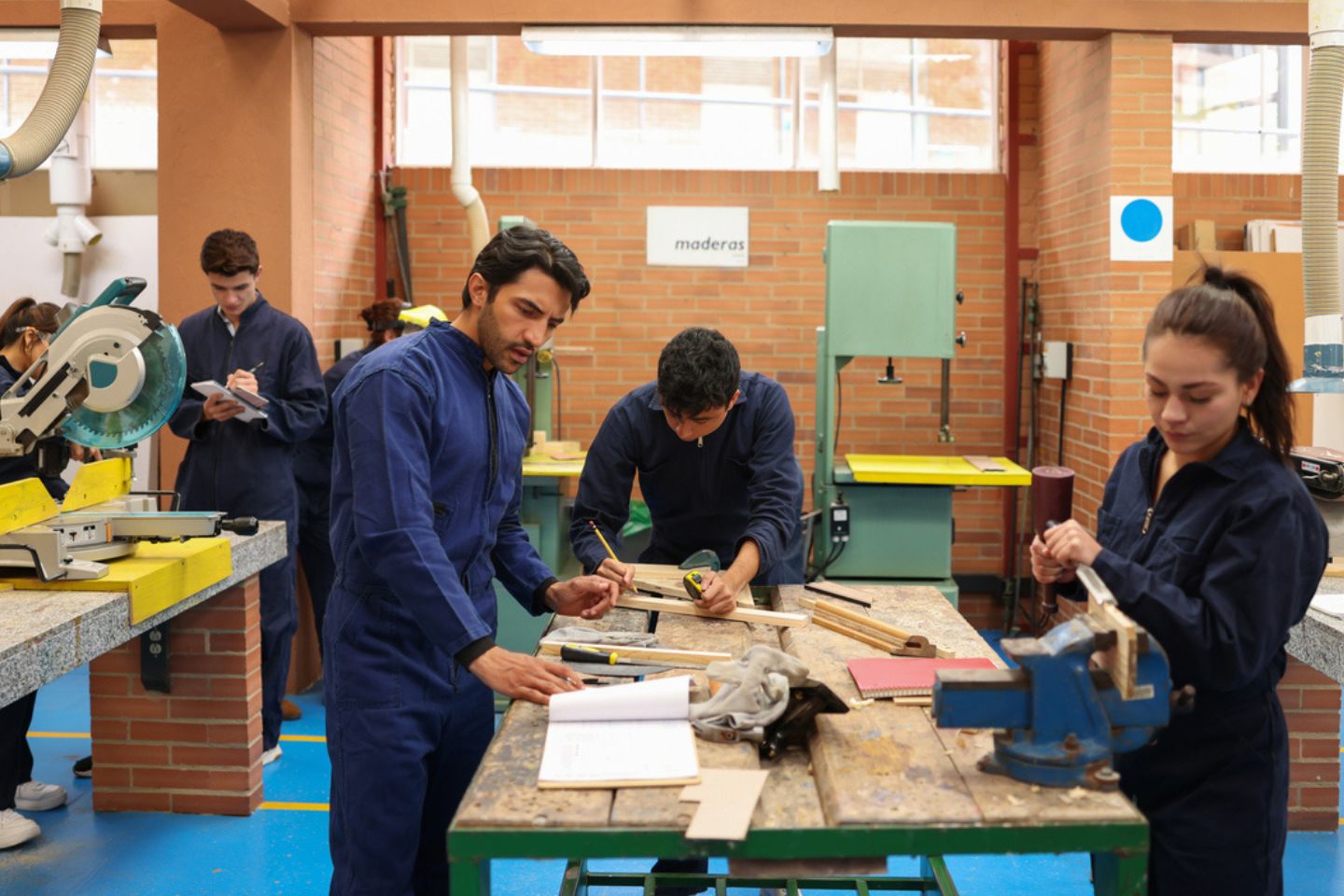
The Certificate I in Construction qualification introduces the construction industry, job roles and workplace expectations and allows students to gain the skills and knowledge of various trades within the construction industry.

The Certificate III in Automotive Electrical Technology is for those wanting to further their skills and knowledge in diagnosing and repairing vehicle electrical and electronic systems and components through an apprenticeship.

The Certificate III in Light Vehicle Mechanical Technology is offered through the apprenticeship program and is an ideal qualification for those looking to further their skills and knowledge within the Automotive industry.
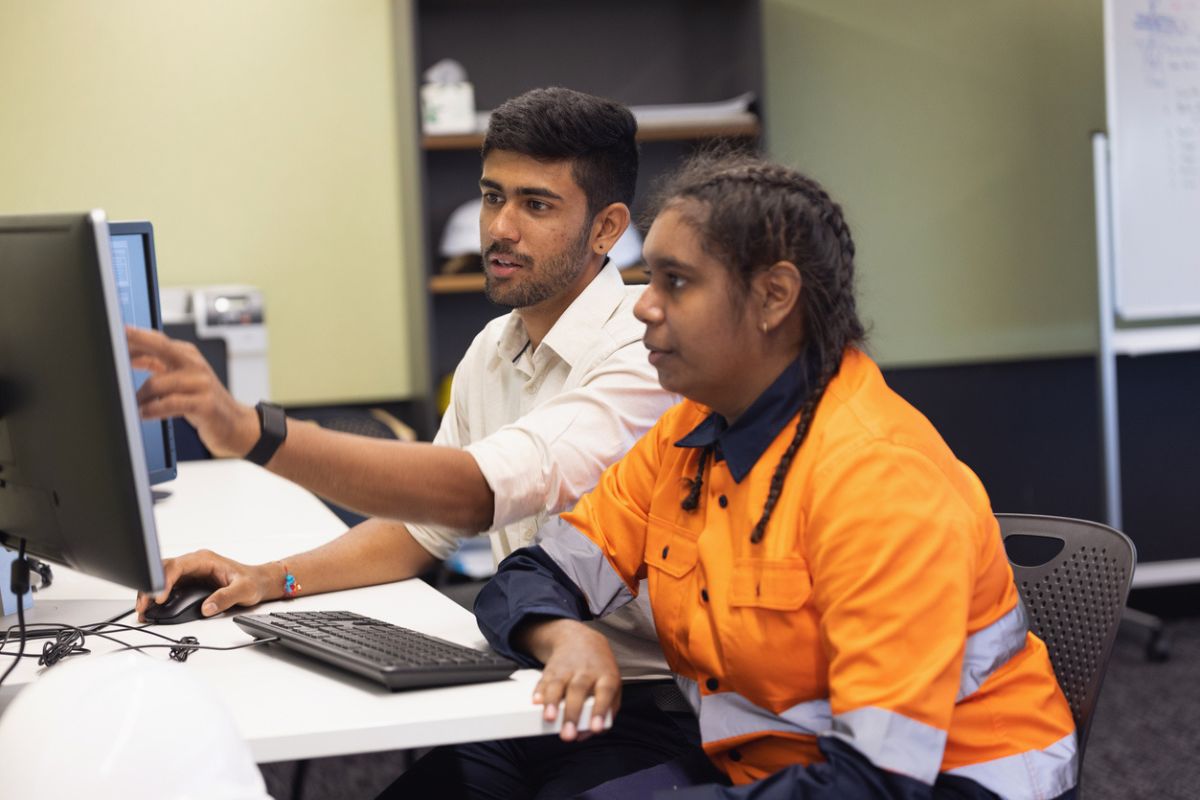
The Certificate III in Business is an ideal foundation qualification for students looking to gain a wide variety of administration and customer service skills required in the Business sector.

The Certificate IV in Business is a qualification for those wanting to develop a higher skill and knowledge level to gain a pathway into Business Management.

The Certificate IV in Entrepreneurship and New Business is an ideal qualification designed for students looking at establishing or operating a business providing self-employment.

The Certificate IV in Work Health and Safety is a qualification designed for students looking to gain the knowledge and skills required for a work health and safety role.

The Diploma of Business assists students in upskilling and further developing their knowledge as a pathway into a variety of Business leadership and frontline management roles.

The Diploma of Leadership and Management assists in providing students with higher level skills and knowledge required in leadership and management roles across all Industries.

The Certificate II in Automotive Air Conditioning Technology provides training and skills for those wanting to become licenced to handle, recover, install, overhaul, service and diagnose and repair vehicle air conditioning systems. This qualification complies with ARC guidelines in the use of condensable refrigerants.

The Certificate II in Automotive Vocational Preparation is an introductory qualification into the Automotive industry and provides a pathway into an Apprenticeship. This qualification covers the skills and knowledge required to perform minor maintenance and repair of an automotive light vehicle body.
This is a 3 or 4 digit code that provides extra security for online payments. For Visa, Mastercard and Diners, this is a 3 digit number usually printed on the back of the signature panel. For Amex, this is the 4 digit number on the front of the card above the embossed card number.
